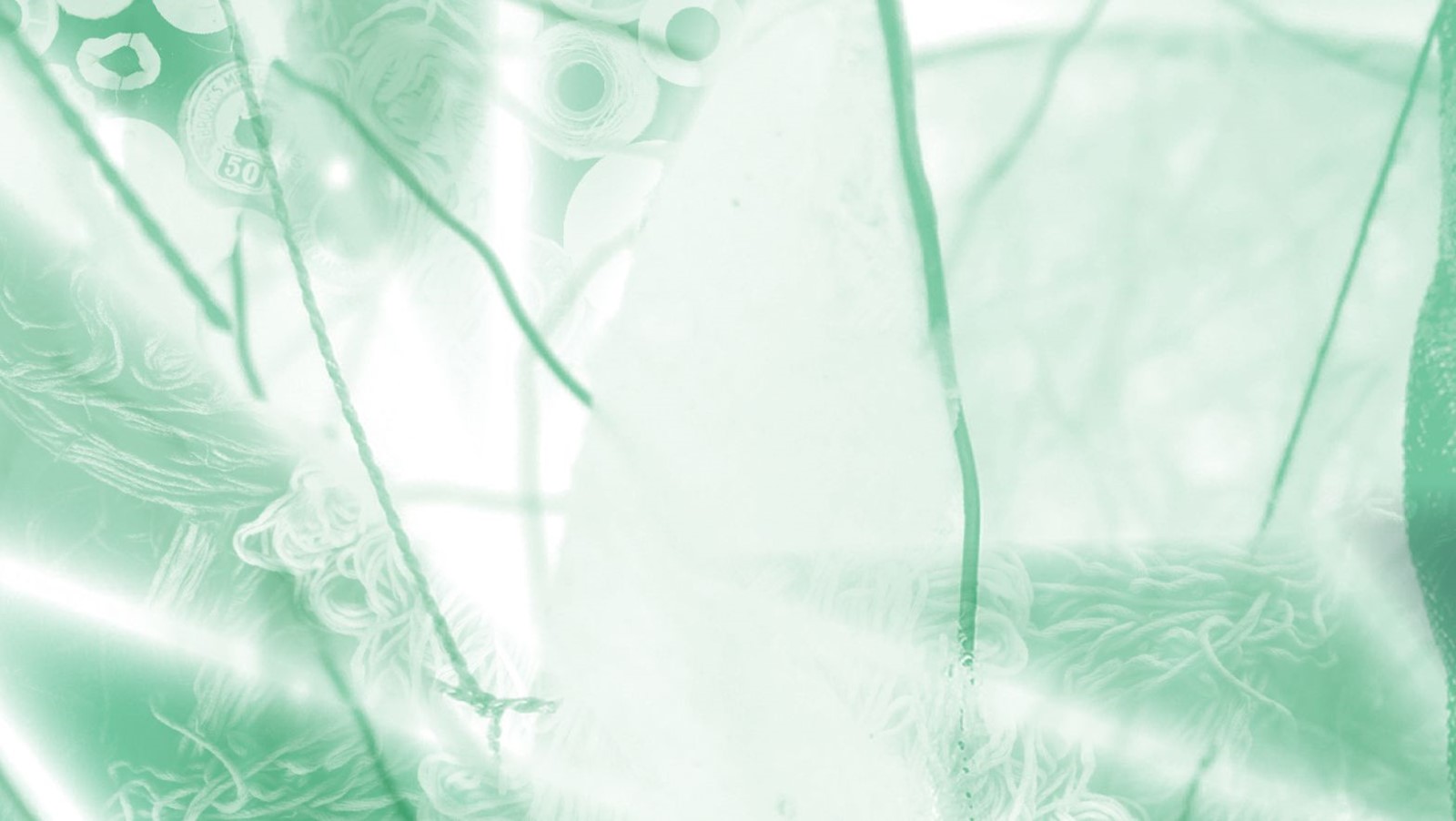As I write this page, I am halfway through a ‘staycation’ actively chosen to allow for necessary decluttering in our home so that space can be released to accommodate changing life priorities. After years of chronic procrastination, the opportune time has finally come – or been proactively created.
I confess I am struggling with the challenge to stay on task, to sift and sort the piles on my study floor. I no sooner decide to detach from a neglected book, placing it in the donate box, than with a nostalgic glance, return it to the ‘keep’ pile, justifying its triumphant claim to extended bookshelf life. Now, what is the struggle between relinquishing and retaining all about?
My staycation experience has forced me to think more deeply about my relationship to time, function and values. Why is it that I hold on to things beyond their time and purpose? I recognise I fall victim to the false comfort in hoarding as a defence against processing loss, regrets, disappointments and the reality of time passing. I have no problem asserting that there is more to life than increasing its speed and investing in the culture of hurry and worry. What is proving to be a challenge though is cultivating the wisdom of a ‘kairos’ mindset within the relentless demands of the ‘chronos’ clock.
The Greek philosophers describe two words for time. ‘Chronos’ refers to the cold, inflexible, relentless plod of time. It is quantitative in outlook, viewing time as a measurable resource; counting the hours, minutes and seconds on the journey towards inescapable ageing and death. ‘Kairos’, on the other hand, refers to the proper and opportune time for action. It is qualitative in outlook, attuning to the signs of the times and responding wisely at the opportune season. The Japanese have a similar concept, called ‘ichi-go ichi-e’, meaning ‘one time, one meeting’ or ‘for this time only’. Within faith traditions, kairos is seen as the intersection between eternal and temporal time, intimately associated with the appointed time for divine revelation or intervention.
Kairos is time-wisdom applied, involving learning to number our days in the process of gaining a heart of wisdom. It is seeing the opening, knowing what needs to be said or done within a given time and context. It involves sensitivity to exigence, audience, and constraints. Images from archery and weaving are often used to illustrate this applied time wisdom. In archery, kairos denotes the moment in which an arrow may be fired with sufficient force to penetrate a target. In weaving, kairos denotes the moment in which the shuttle could be passed through threads on the loom.
Kairos is the distilled discernment in knowing when is the now time to act, move, respond. In the counselling professions, cultivating a deepening sensitivity to kairos time is essential to all aspects of our work. Nowhere is this more evident than in recognising when our self-care requires more attention. In a timely manner for me, BACP has just produced an excellent Good Practice in Action resource called Self care for the Counselling Professions.1 The resource advocates a holistic response to addressing our self-care needs in a wise and timely manner:
‘Perhaps even more than the body, the spirit in a job as demanding as ours needs stimulation, change, refreshment, expansion. What is important is that we understand this from our earliest days and set about it actively.’2
Engaging with any spiritual parts of ourselves may also be important in self-care. In responding to the ‘questions for reflection’ within the resource, I have been able to identify gaps in my personal strategy for self-care, and the ‘dwelling’ time of my staycation is proving unexpectedly useful in thinking about ways of addressing them. I would encourage you to think about setting aside some time to read through and reflect on this excellent resource.
Now is the time also for the next steps for the division following the outcomes of BACP’s divisional review process. In the past few months, the Executive has been busy writing up a new strategic plan, informed by feedback from members and consultation with key BACP departments, due to be presented to the BACP Board of Governors in September. If agreed, this will set the direction for the division for the next two years. I hope to share more about this in the next issue.
We have the privilege of meeting up with many of our BACP Spirituality members at events, including our ‘Working with Soul in Supervision’ conference in Gateshead, which was fully booked by the end of August. Plans are afoot to publish articles related to this event in the winter issue of Thresholds.
I would value hearing about your own challenges relating to ‘saving’ time by using chronos more strategically, to do more, and better; and ‘rescuing’ time by attuning to its kairos potential to transform and transcend.
Maureen Slattery-Marsh is Chair of BACP Spirituality. To contact Maureen, please email spirituality@bacp.co.uk
References
1. https://www.bacp.co.uk/media/3939/ bacp-self-care-fact-sheet-gpia088-jul18.pdf
2. Despenser S. Becoming a resilient practitioner. Counselling at Work 2013; summer: 19 (pp4–9).
